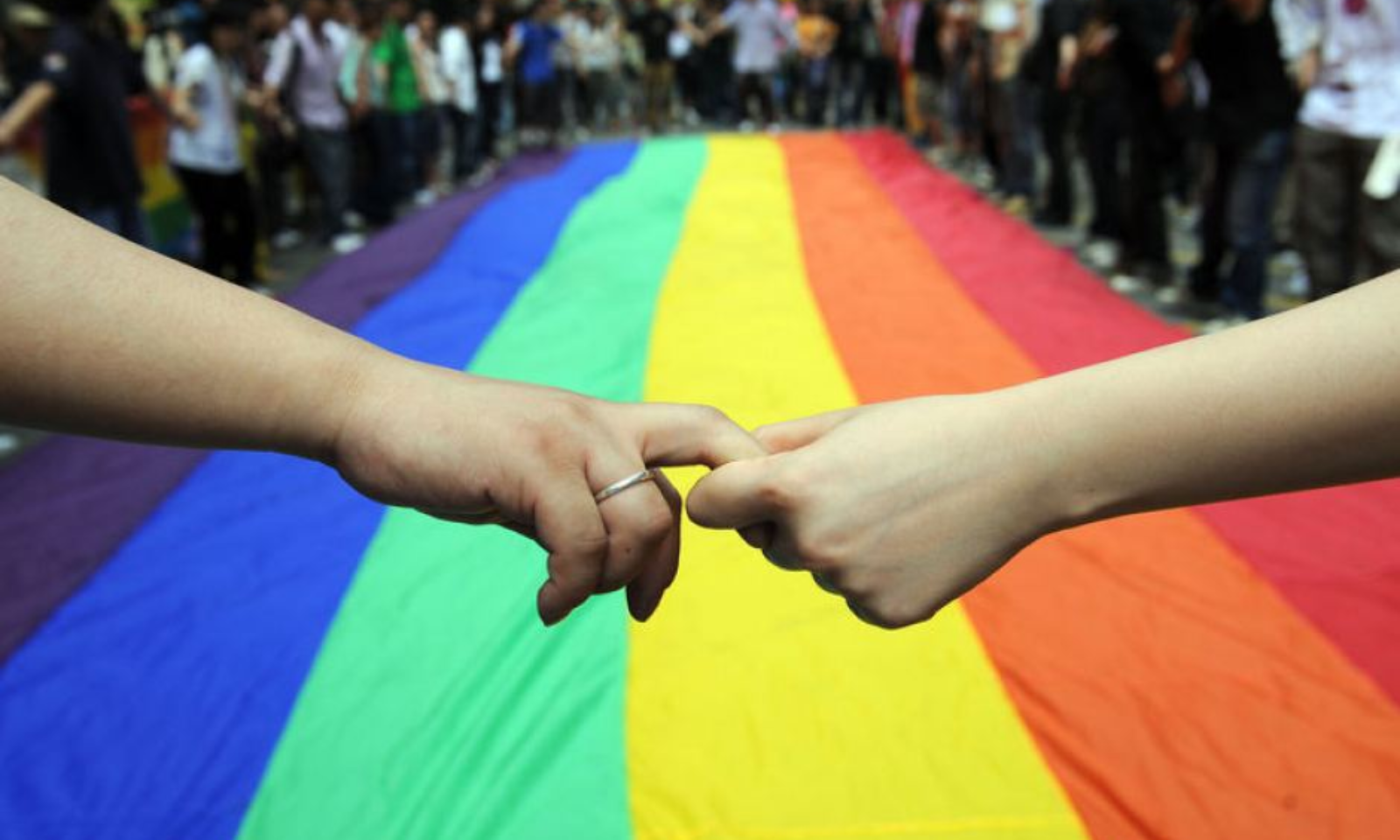Last Updated on January 12, 2024 by News Desk
Intro:
A recent habeas corpus petition filed in the Punjab and Haryana High Court by a woman claiming to be part of a same-sex relationship has stirred controversy following remarks made by Justice Pankaj Jain. The petitioner alleges that her partner is unlawfully detained by her family due to their opposition to the relationship. Justice Jain’s unconventional response to the matter has raised eyebrows and sparked concerns about the intersection of morality and constitutionality in legal proceedings.
Issues:
Justice Jain, responding to the habeas corpus plea, expressed skepticism about the distinction between morality and constitutionality. He questioned the petitioner’s capacity to represent the alleged detenu, particularly after learning it involved a “queer couple.” This unconventional commentary prompted Justice Jain to remark, “Take this immoral thing back to where it came from.” The case, initially before Justice Jain, has now been transferred to Justice Sandeep Moudgil due to the former’s leave. The controversy intensified as Justice Moudgil’s bench highlighted discrepancies in the alleged detenu’s Aadhar cards, raising questions about her age and the maintainability of the petition.
Reasoning:
Justice Jain’s order, uploaded later in the day, revealed that the petitioner failed to provide material demonstrating her ability to act as the ‘next best friend’ of the detenue. Questioning how the petitioner assumed this role for someone from District Unnao, Uttar Pradesh, Justice Jain directed the case to be listed before a regular bench. The Supreme Court’s prior stance refraining from granting legal recognition to same-sex marriages contrasts with the Punjab & Haryana High Court’s earlier decision granting protection to a lesbian couple, emphasizing that Article 21 of the Constitution applies to all, regardless of gender.
Conclusion:
The controversial remarks by Justice Jain in response to the same-sex habeas corpus petition have fueled discussions about the confluence of morality and constitutionality in legal proceedings. The case’s transfer to Justice Moudgil’s bench, coupled with discrepancies in Aadhar cards, adds complexity to the matter. As the legal community awaits the hearing on January 15, this case highlights the ongoing challenges faced by queer couples seeking recognition and protection under the law, despite the Supreme Court’s directive to address discrimination and ensure the rights of cohabitation for such couples.
Written by — Athi Venkatesh AVD

















